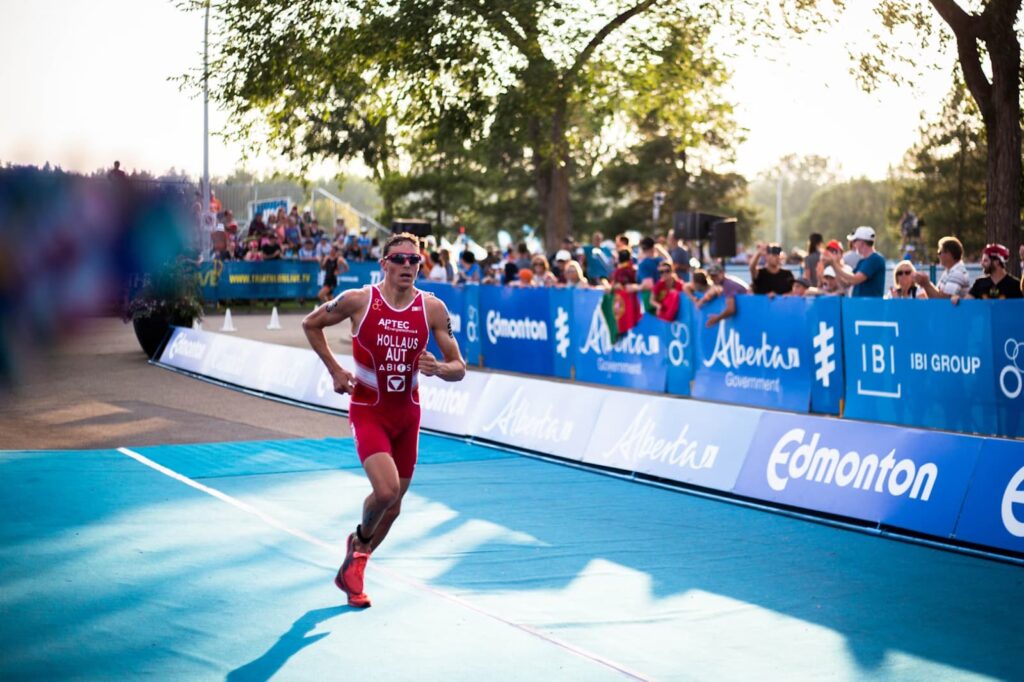Running a marathon is much more than a physical feat. While the body endures hours of effort, the mind must navigate waves of self-doubt, fatigue, and monotony. Every runner faces moments during the race when quitting feels easier than continuing. To succeed, it’s essential to develop mental resilience—a strength that enables runners to confront and conquer psychological hurdles, one mile at a time.
This guide delves into how runners can prepare mentally for a marathon, overcome barriers during the race, and grow stronger through the experience.
The Mind’s Role in Marathon Success
When preparing for a marathon, most runners focus on logging miles, improving their pace, and refining their nutrition strategies. However, the mind often determines how well those physical preparations translate into race-day performance. Mental barriers can appear at every stage: pre-race nerves, mid-race fatigue, or the overwhelming doubt that arises during the final miles.
The mind acts as both a coach and a critic. In one moment, it offers encouragement: You’ve got this; you’ve trained hard. In the next, it undermines you with negativity: You’re too tired. You’ll never finish. Preparing mentally is about training your inner voice to act as an ally rather than an adversary.
Pre-Race Preparation: Cultivating Confidence and Calm

For many runners, the mental challenge begins long before race day. Anxiety about performance, unpredictable weather, or the sheer magnitude of running 26.2 miles can cloud the excitement of the event. Preparing your mind ahead of time can make a significant difference.
Visualization: Your Mental Rehearsal
Visualization is a technique embraced by both elite athletes and casual runners to enhance their mental preparation for a race. By mentally rehearsing the experience—starting at the line, tackling challenges along the way, and finishing strong—you create a mental framework that equips your brain to navigate the real event.
To practice, start by finding a quiet, distraction-free space. Close your eyes and focus on the race. Picture yourself calm and composed at the starting line, energized by the crowd and steady in your stride. Imagine the key moments of the race, from conquering fatigue to overcoming hills, all with confidence and determination. Finally, see yourself crossing the finish line, filled with pride and a sense of accomplishment. Through visualization, you can mentally condition yourself to face any challenge the marathon presents.
The more detailed your visualization, the more effective it will be. Repeat this exercise several times in the weeks leading up to the race to build familiarity and confidence.
Channeling Pre-Race Anxiety
It’s natural to feel nervous before a marathon. Instead of suppressing these feelings, recognize them as a sign that you care about your performance. Transform this nervous energy into motivation by focusing on what you can control: your pace strategy, fueling plan, and mental preparedness. Remind yourself that you’ve trained hard and are ready to tackle the challenge ahead.
The Marathon’s Early Miles: Finding Your Rhythm
The first miles of a marathon often feel easy. The excitement of the starting line and the energy of the crowd can propel you forward. However, it’s important to stay grounded during this phase and avoid getting swept up in the pace of others.
Staying Present
One way to calm your mind and prevent overexertion is to focus on staying present. Pay attention to your breathing and the rhythm of your steps. Notice the sights and sounds around you. Staying grounded in the moment helps keep anxiety at bay and allows you to settle into a sustainable pace.
Positive Reinforcement
In these early miles, start reinforcing positive thoughts. Acknowledge how far you’ve come in your training journey and how strong you feel. Repeating affirmations like, I am ready for this, or I feel strong and steady, can set the tone for the rest of the race.
Mid-Race Challenges: Staying Mentally Strong

By the halfway point of the marathon, the initial excitement often fades, and the real work begins. Physical fatigue may start to set in, and the thought of running another 13.1 miles can feel overwhelming.
Dividing the Race into Manageable Sections
One effective way to tackle the mental weight of a marathon is to break it into smaller segments. Instead of focusing on the full distance, think about reaching the next mile marker, aid station, or landmark. Celebrating these smaller milestones gives you a sense of progress and keeps your mind engaged.
Mindful Running
Mindfulness is particularly helpful in the mid-race stage. When negative thoughts arise, acknowledge them without judgment and redirect your focus to the present moment. Pay attention to your body’s cues—how your feet strike the ground, the sensation of the breeze, or the rhythm of your breath. Staying mindful helps you manage discomfort without becoming overwhelmed by it.
Reframing Discomfort
By this point in the race, it’s likely you’ll start to feel discomfort or fatigue. Instead of viewing this as a signal to stop, reframe it as evidence of your effort. Tell yourself, This is what I trained for. Every step is bringing me closer to the finish. Reframing discomfort as progress can shift your perspective and motivate you to keep moving forward.
The Final Miles: Overcoming “The Wall”
Around miles 18 to 20, many runners encounter the infamous “wall.” This is the point where glycogen stores are depleted, and both the body and mind are screaming for relief. Conquering the wall demands a blend of mental resilience, tactical planning, and unwavering determination.
Setting Micro-Goals
When the finish line feels impossibly far, focus on reaching smaller, immediate goals. Tell yourself, I just need to make it to the next mile marker, or I’ll run to the next water station. Achieving these micro-goals provides a sense of accomplishment and helps you build momentum.
Tapping Into Your Purpose
During the toughest moments of the race, reconnect with your purpose. Why did you decide to run this marathon? Whether it’s to achieve a personal goal, honor a loved one, or support a cause, reflecting on your “why” can provide a surge of motivation. Visualize the pride and joy you’ll feel when you cross the finish line, and let that vision carry you through.
Post-Race Reflection: Learning From the Experience
Crossing the finish line of a marathon is an emotional experience. Whether you achieve your time goal or simply complete the race, you’ve accomplished something extraordinary. After the race, take time to reflect on the journey.
Think about the mental strategies that worked well for you. Did affirmations help you stay positive? Did the race become easier to handle by being divided into smaller parts? Identifying these successes allows you to build on them for future races.
It’s also important to acknowledge the challenges you faced. Were there moments where doubt almost got the better of you? Reflecting on these experiences helps you develop strategies for overcoming similar barriers in the future.
Marathons test both mental and physical endurance. Success comes from overcoming psychological hurdles through visualization, affirmations, and mindfulness. Completing a marathon isn’t just about the finish line—it’s a journey of self-discovery and inner strength. Train your mind as well as your body to conquer the challenge.